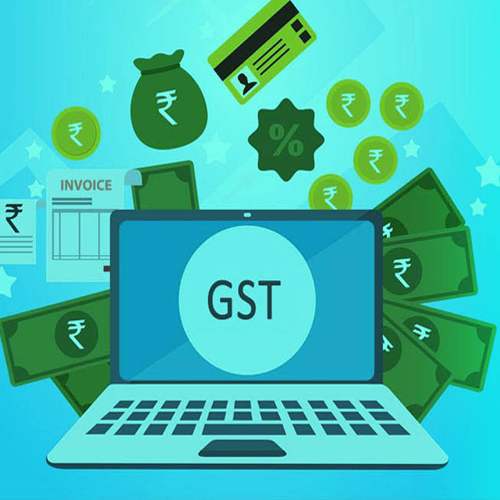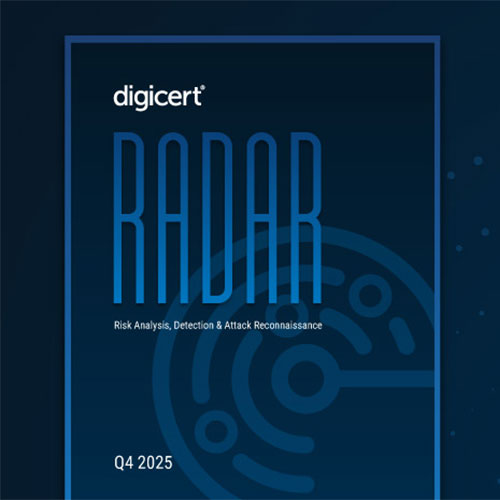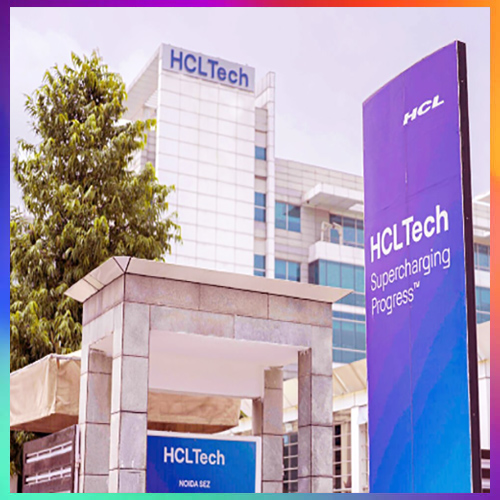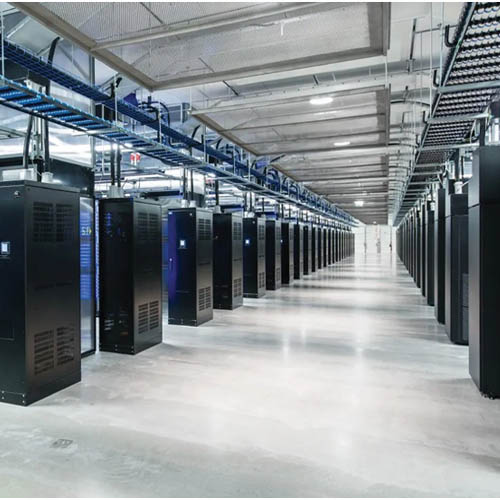
For vibrant growth of SMEs and employment generation, several challenges created by the tax regime need to be addressed. The literature on GST has always highlighted the cost/benefit of GST during the implementation phase. It has also been argued that SMEs suffered a higher financial impact as compared to medium and large businesses at the time of GST implementation. For instance, an evidence-based study from New Zealand suggests that nearly 60% of the compliance costs of GST fell on SMEs.
One positive of GST is supposed to be free movement of inter-state goods. However, examining the customer profile of SMEs from survey data, one find that SMEs sell most of their products within their states or to traders, who then move the goods outside the state. Thus, on this account, SMEs don’t directly benefit.
As per GST law, GST mentioned in any invoice needs to be deposited to a GST account, and the entity must also file returns against the same. Further, GST needs to be filed before the 20th of each month—for instance, if an invoice is raised in January, the GST needs to be deposited to GST account, and return filed on or before February 20, even if the invoice has not been cleared by the client. Timely input tax credit is the backbone of an efficient GST system, which is only possible if all in the chain honour timely compliance. Thus, to avail benefits, post submitting GST returns, an SME needs to ensure that its vendors, too, file GST returns. If a vendor doesn’t do so, an SME can’t even claim back the amount paid to said vendor.
Further, since the government is an important customer of all private entities in India, it is essential that it makes timely payments for purchases. Anyone familiar with the system know how many rounds one has to make to get due payment from the government. Even state governments complain about the delay in payment by the union government. SMEs play a small role in this chain, but their survival is at stake when their customers do not release payments for their order as they have not received payment. And this, when SMEs are one of the most important components of employment generation in Indian industries.
In sum, the current system poses significant challenges to a small business owners which needs to be addressed for vibrant growth of SMEs, and, therefore, employment generation.
See What’s Next in Tech With the Fast Forward Newsletter
Tweets From @varindiamag
Nothing to see here - yet
When they Tweet, their Tweets will show up here.





























